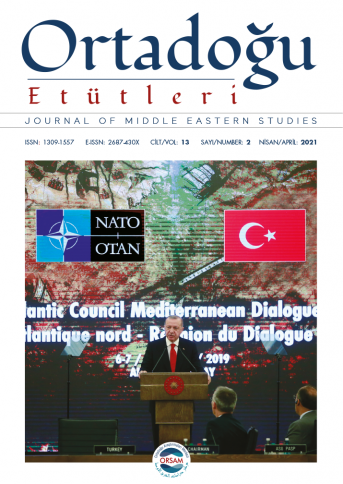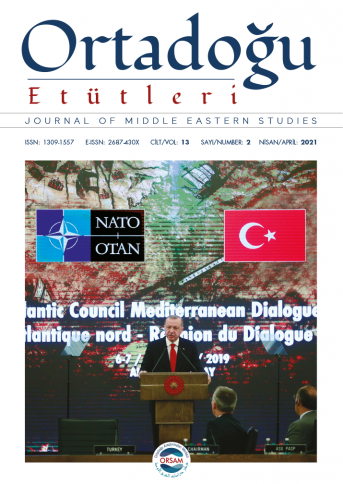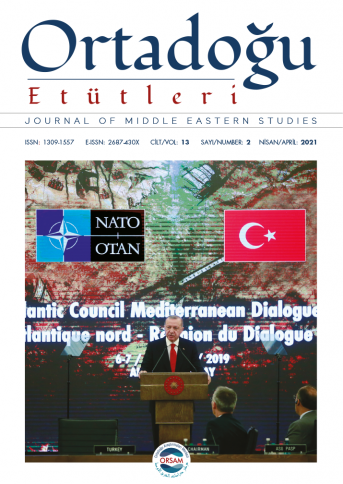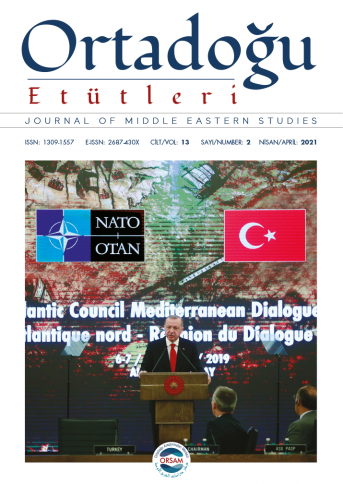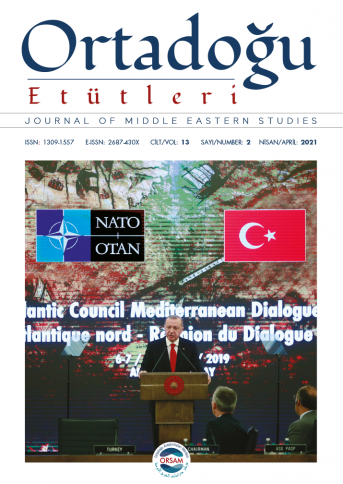
Theology of Migration: An Investigation of the Effect of Religion on Social Acceptance in the Case of Kilis
The civil war that broke out in Syria in 2011 has had various repercussions both for social sciences, in general, and for migration studies in particular. While neo-classical accounts of migration focus only on economic factors, the historical-structuralist theory approaches migration from the vantage point of a group of elements triggering cheap labour for capital. Recently more emphasis has also been placed on the historical ties between the source country and the receiving country. Unfortunately, none of these is sufficient to explain the role of religion in the acceptance of immigrants in host societies. Based on this inadequacy in migration theories and the recent experience of Turkey with mass (forced) migration from Syria, this study will try to answer the following question: “What roles does religion play out in the acceptance of immigrants by a country?” We develop a conceptual framework for studying the relationship between religion and immigration drawing on a theology of migration. We examine the possibility of a theology of migration under two different headings: the theoretical approach focusing on religious resources and the practical action that occurs when confronted with migration. Then, we investigate the relationship between religion and migration in Turkey using a triangular method of the context. First, we look at the official discourse on Syrian refugees via the concepts of “ensar” and “muhacir.” Second, we reveal the significance of the role of the Diyanet (The Ministry of Religious Affairs of Turkey) in the management of the Syrian refugee crisis through its emphasis on religious fraternity. Finally, we tried to understand how religion has an impact on the acceptance of immigrants by locals residing in Kilis. We applied mixed method for data collection. The data that were collected by the documentation method in order to determine the official and Diyanet discourse, are subjected to content analysis. In order to understand social perception, we conducted interviews and analysed them with a phenomenological approach. As a result, although there is a slight effect of official discourse on social perception, religion plays a crucial role in the acceptance of Syrian immigrants.

